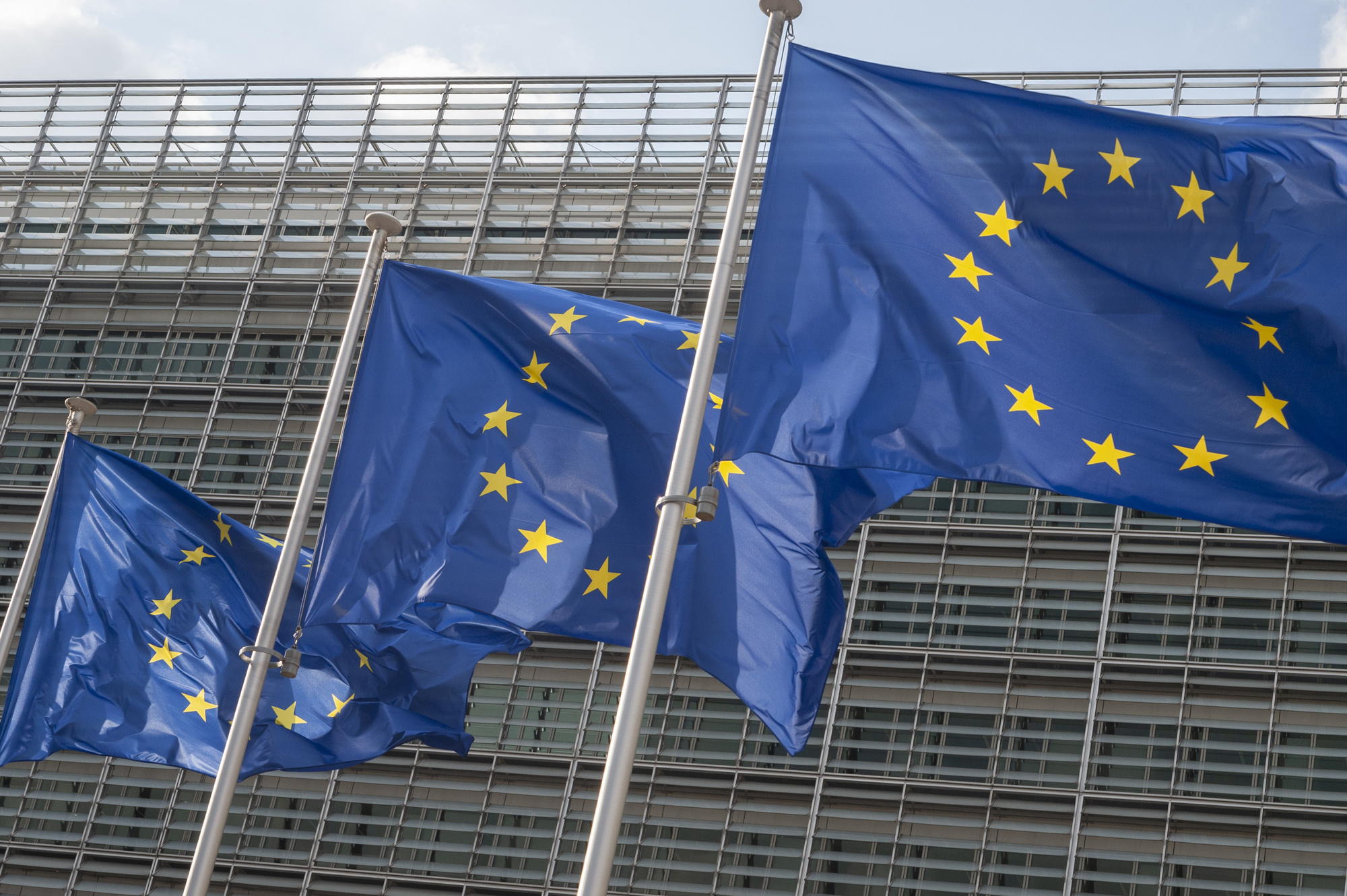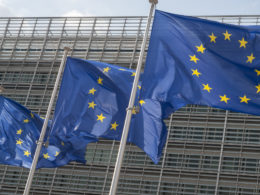The Council of the European Union has extended its restrictive measures against Iran until 27 July 2025. This is in response to Iran's military support for Russia's war of aggression against Ukraine and its backing of armed groups and entities in the Middle East and the Red Sea region, according to the Council's press release, published on 15 July.
Iran is known as supplier of its Shahed-series one-way attack drones to Russia, used against Ukraine in daily air attacks.
The current sanctions regime targets 12 individuals and nine entities. Those listed are subject to an asset freeze, and EU citizens and companies are prohibited from providing funds or economic resources to them. Additionally, the listed individuals face a travel ban to the EU. Existing restrictive measures will continue to be reviewed annually, according to the press release.
The decision to extend these measures follows the European Council's call in March 2024 for third parties, including Iran, to cease providing material support to Russia's war against Ukraine. In April 2024, the European Council reiterated its commitment to imposing further restrictive measures against Iran, particularly concerning unmanned aerial vehicles (UAVs) and missiles.
On 14 May 2024, the Council broadened the scope of the EU sanctions framework to cover both drones and missiles, as well as Iran's support for armed groups in the Middle East and Red Sea region. The Council also prohibited the export of additional components used in the development and production of UAVs from the EU to Iran.
Subsequently, on May 31 and June 24, the Council added six individuals and four entities to the sanctions list under this framework.
Related:
- Iran’s new president calls Russia “valued strategic ally and neighbor”
- Why Ukraine’s battle is crucial for dismantling the global “axis of evil”
- ISW: Iran’s missile and drone attack on Israel echoes Russian military tactics used in Ukraine




